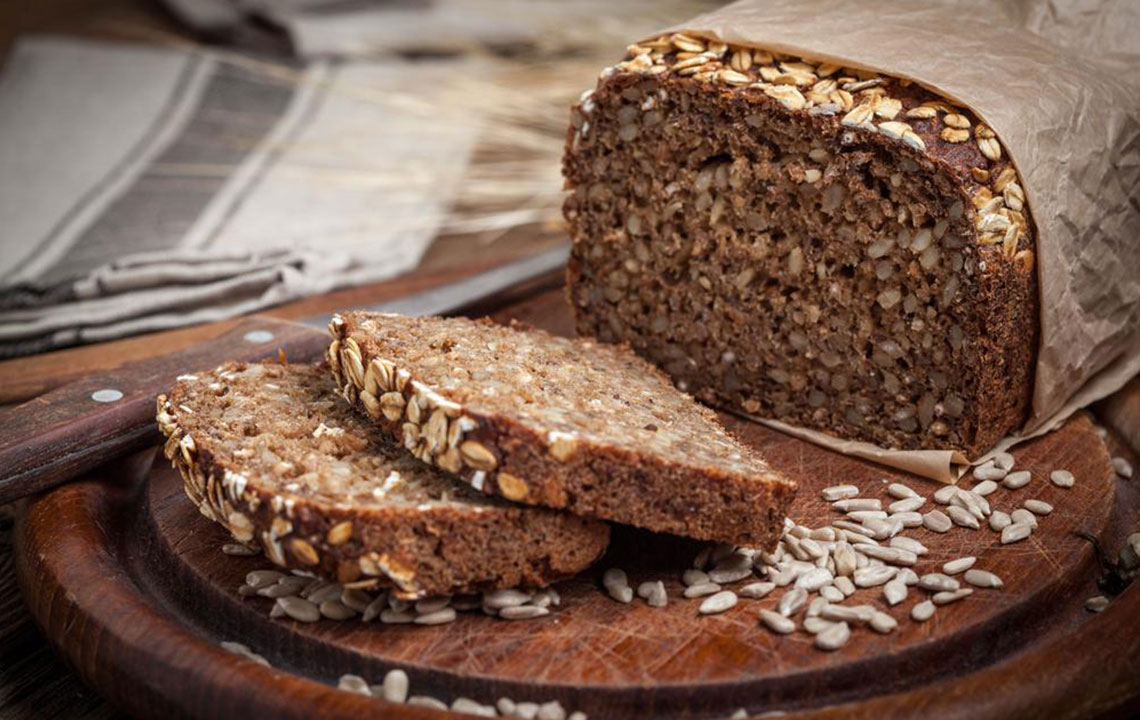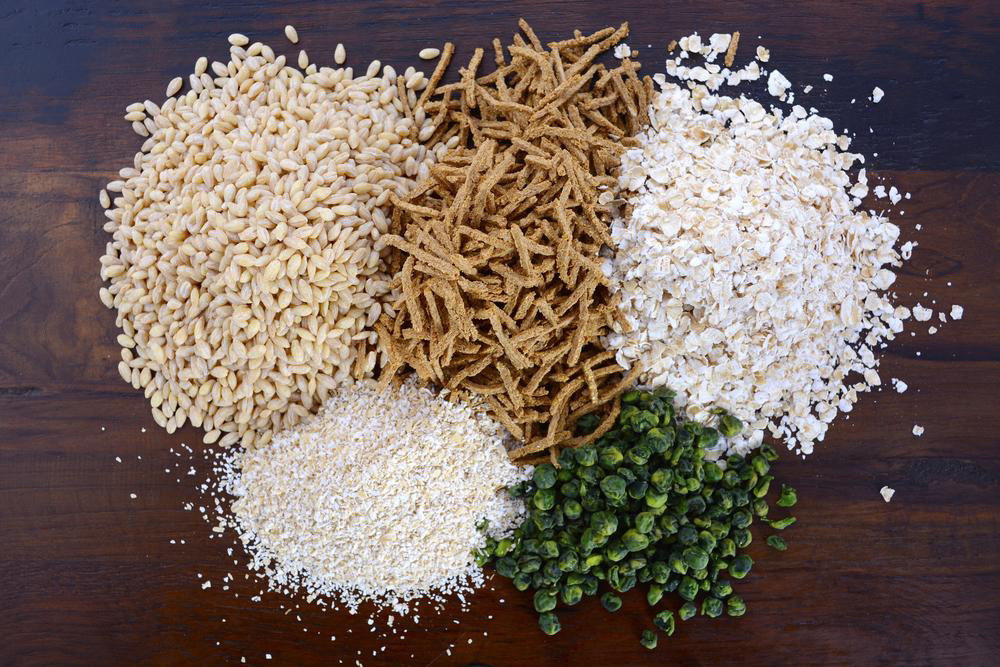Incorporating Whole Grains for Enhanced Fiber Intake and Better Health
Learn how incorporating a variety of whole grains into your diet can significantly boost fiber intake, improve digestion, and reduce health risks such as heart disease and diabetes. Discover specific grains like bulgur, kamut, barley, and more, along with their nutritional benefits to support a healthier lifestyle.

Incorporating Whole Grains for Enhanced Fiber Intake and Better Health
Adding whole grains to your daily diet is a simple way to increase fiber consumption and obtain vital nutrients like antioxidants, minerals, and healthy carbs. These minimally processed grains retain the germ, bran, and endosperm, including varieties such as wheat, rice, barley, oats, corn, rye, and maize. Regular consumption may help lower risks of heart disease, diabetes, and high blood pressure. Popular high-fiber grains include bulgur, whole wheat pasta, multigrain bread, Kamut, spelt, barley, brown rice, and quinoa.
Bulgur, derived from different wheat types, offers around 4.5 grams of fiber per 100 grams cooked and can be used in salads, soups, baked dishes, or paired with vegetables and meats. Whole wheat pasta also provides 4.5 grams of fiber per 100 grams and pairs well with a variety of vegetables. Multigrain breads, often enriched with seeds like flax, pumpkin, or sunflower, are rich in fiber.
Kamut, a type of Khorasan wheat, supplies about 3.9 grams of fiber per 100 grams when cooked. Spelt flour, mainly used for baking, offers similar fiber levels. Barley, common in soups, stews, and bread, provides approximately 3.8 grams of fiber per 100 grams cooked. Whole grains like brown and wild rice can be combined with vegetables, meats, or eggs to boost fiber intake. Oatmeal and quinoa flour are also excellent sources of fiber and minerals. Incorporating diverse whole grains supports overall health and helps meet daily fiber needs, which differ based on age and gender.
For those over 50, recommended daily fiber intake is slightly lower—around 30 grams for men and 21 grams for women—while younger adults typically require about 38 grams for men and 25 grams for women. Properly integrating these whole grains into your diet can improve digestion and promote long-term health benefits.
Disclaimer:
This content provides general information about symptoms, treatments, health conditions, and side effects for informational purposes only. It is not a substitute for professional medical advice. Always consult qualified healthcare providers for personalized guidance and treatment plans.


